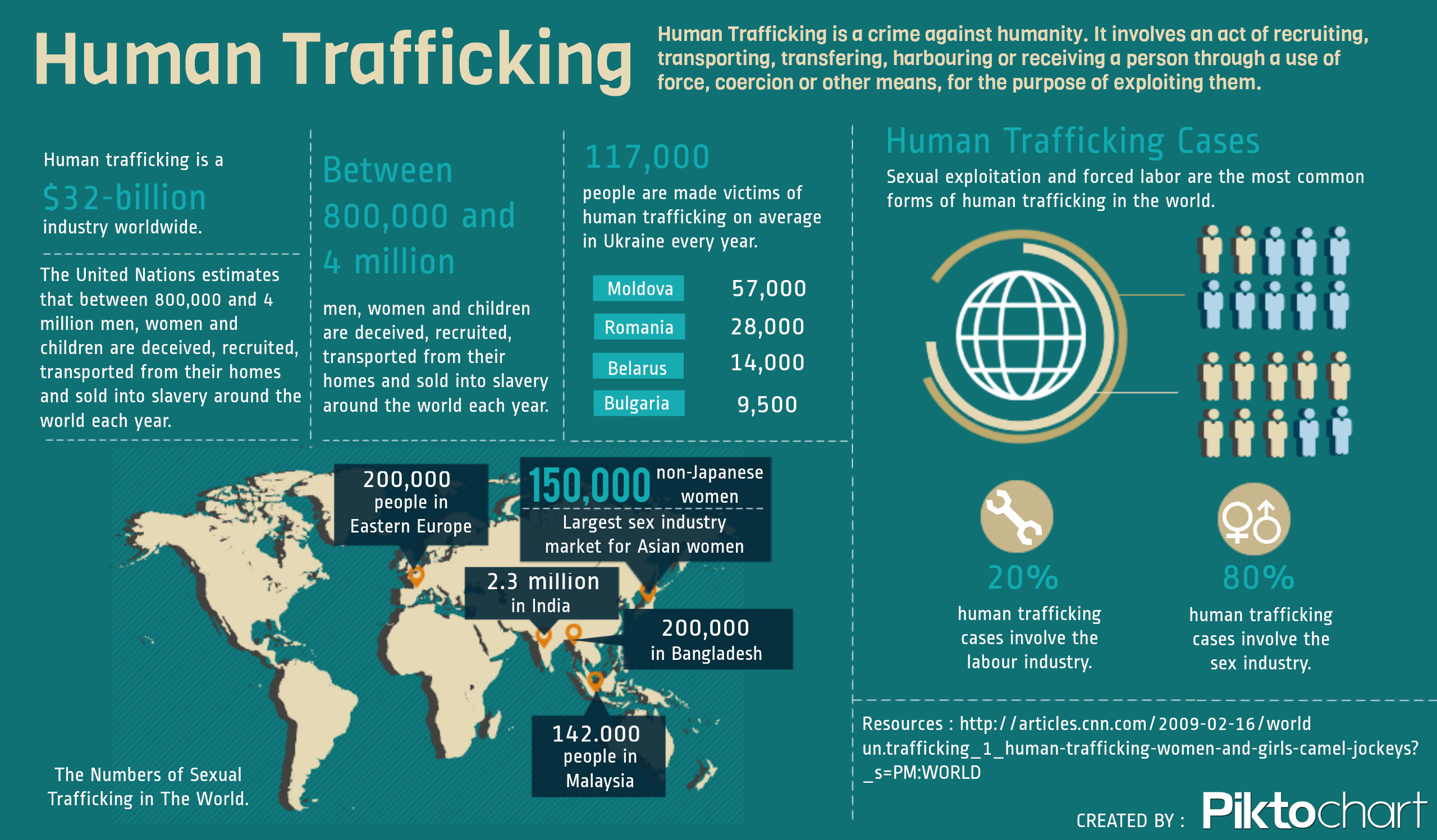Like many Americans, I too was captivated by recent headlines naming the Super Bowl as the biggest human trafficking event on the planet. Believe it or not, trafficking is still very much a problem. Few recognize it as such, and even fewer acknowledge the fact that the United States, the face of the free world, is home to 1.5 million of the world’s 21 million victims. Trafficked for sex, labor, servitude, and even military service, victims are, more often than not, young females.
But the Super Bowl is not the problem. Anti-trafficking advocates from around the globe have stepped forward and disputed the possibility that America’s favorite sporting event is also a trafficker’s sweet dream. Groups such as The National Center for Missing and Exploited Children, Polaris Project, and The Global Alliance Against Traffic in Women have all highlighted the inaccuracies in the media’s Super-Bowl-aka-sex-trafficking-central blitz. The numbers cited do not add up and concrete evidence is lacking.
The outcome of these misplaced accusations is negligible. Zero traffickers were investigated, much less prosecuted. On a more positive note, let’s not forget our nation’s notable achievements concerning sex trafficking this weekend. Governor Chris Christie took to Twitter in an attempt to prove his disdain for the situation with a couple of tweets. The New York City Police Department arrested 100 prostitutes. And the House of Representatives organized a discussion.
Trust me, I like a good tweet as much as the next girl, but Gov. Christie’s efforts seemed more fake than real. A smoke screen, if you will, to make the American people believe that something was in fact being done. The intention behind the arrests seems muddy and speaks more to anti-prostitution legislation than anti-trafficking support. I cannot say I’m entirely convinced that the NYPD thought deeply about the arrests. This decision only serves to further conflate prostitution with trafficking, a common misconception, and one which trivializes the plight of trafficked victims while also criminalizing women who are simply looking to make ends meet.
I would sincerely like to have more faith in our government and its ability to succeed in garnering bipartisan support for those issues which have surpassed the magnitude of left versus right arguments. But after seeing the temper tantrum that was the federal government shutdown last year, I do not think high amounts of faith are deserved. The ineffectiveness surrounding the Super Bowl spoke to the government’s gilded efforts to stop trafficking. There are always more important issues on the agenda.
To me, this debacle is reminiscent of a much larger issue at hand: man deciding how to govern woman’s body. It’s the abortion debate all over again. It’s maternity leave. It’s the glass ceiling. It’s government-regulated mammograms. It’s Viagra for rapists, but no birth control for women. It’s men on Capitol Hill thinking they have the God-given right to overlook the rampant sexism of today’s world and decide that prostitution cannot be legalized because it’s bad. Is trafficking really any different?
I wonder if the men that govern this great nation understand that the inherent sexist nature of our society drives the trafficking machine, or if they understand how unequal education opportunities lead to unequal employment, pushing women in a corner and forcing them to do whatever it takes in order to stay afloat. Perhaps if it was their wife, sister, or daughter who was injected with heroin daily and handcuffed to a radiator, as is known to happen with sex-trafficking victims, they might feel differently. I wonder most about whether these men know that they have yet to be a part of the solution.
